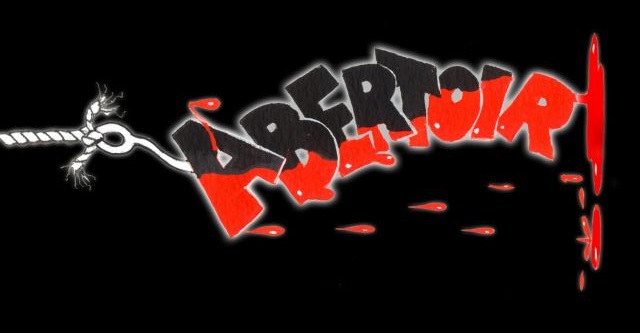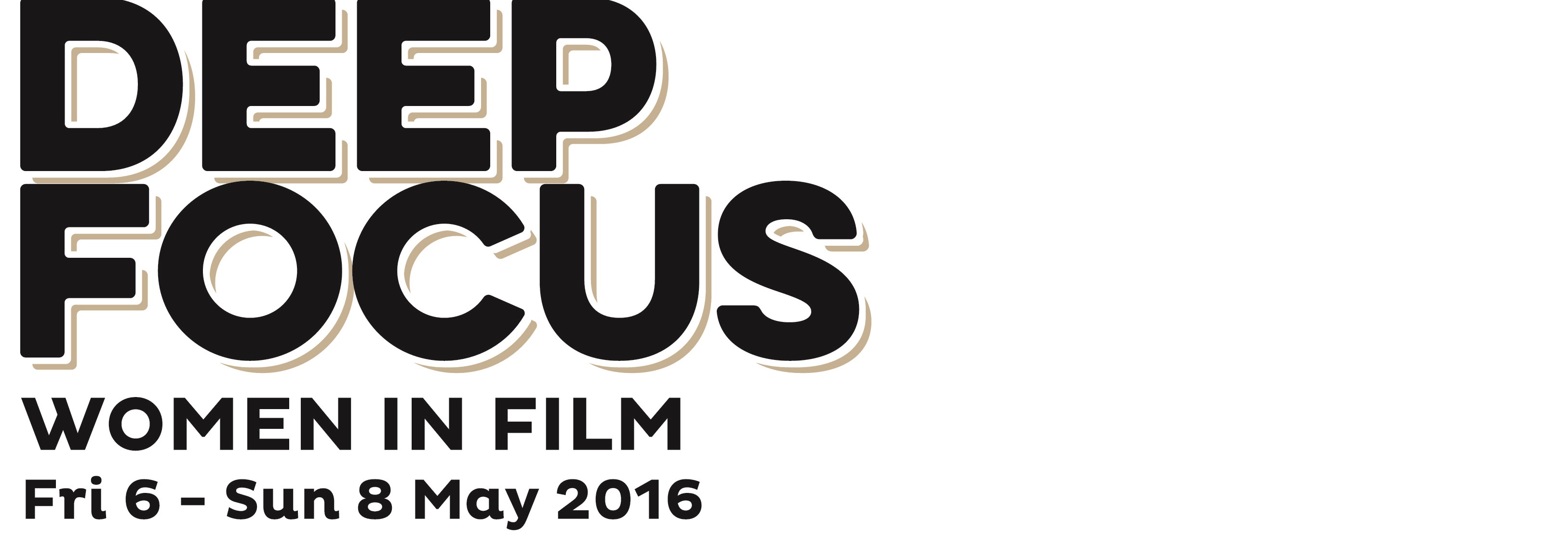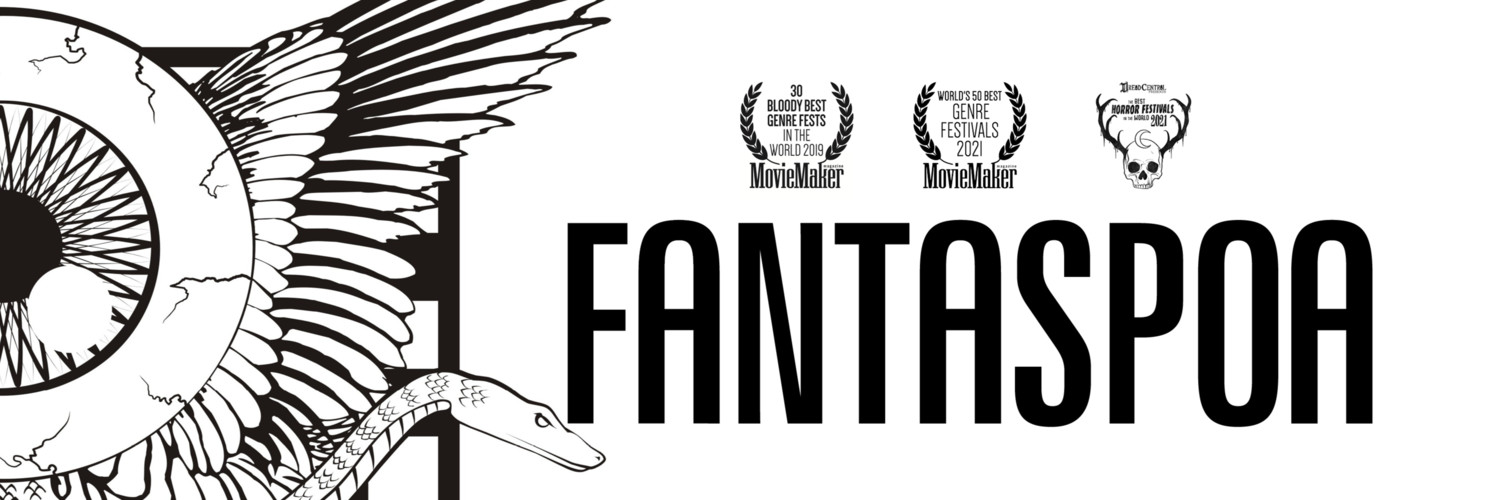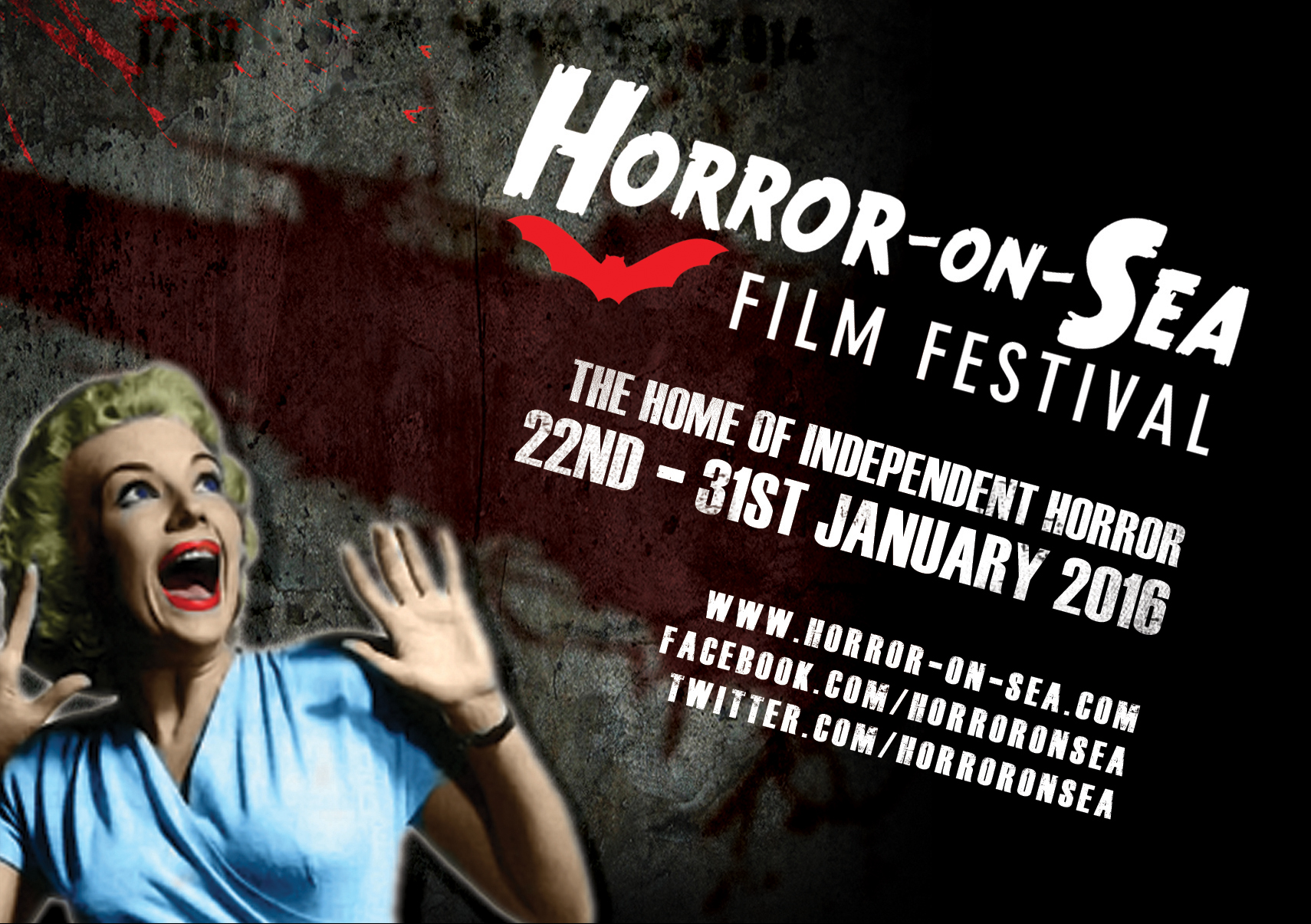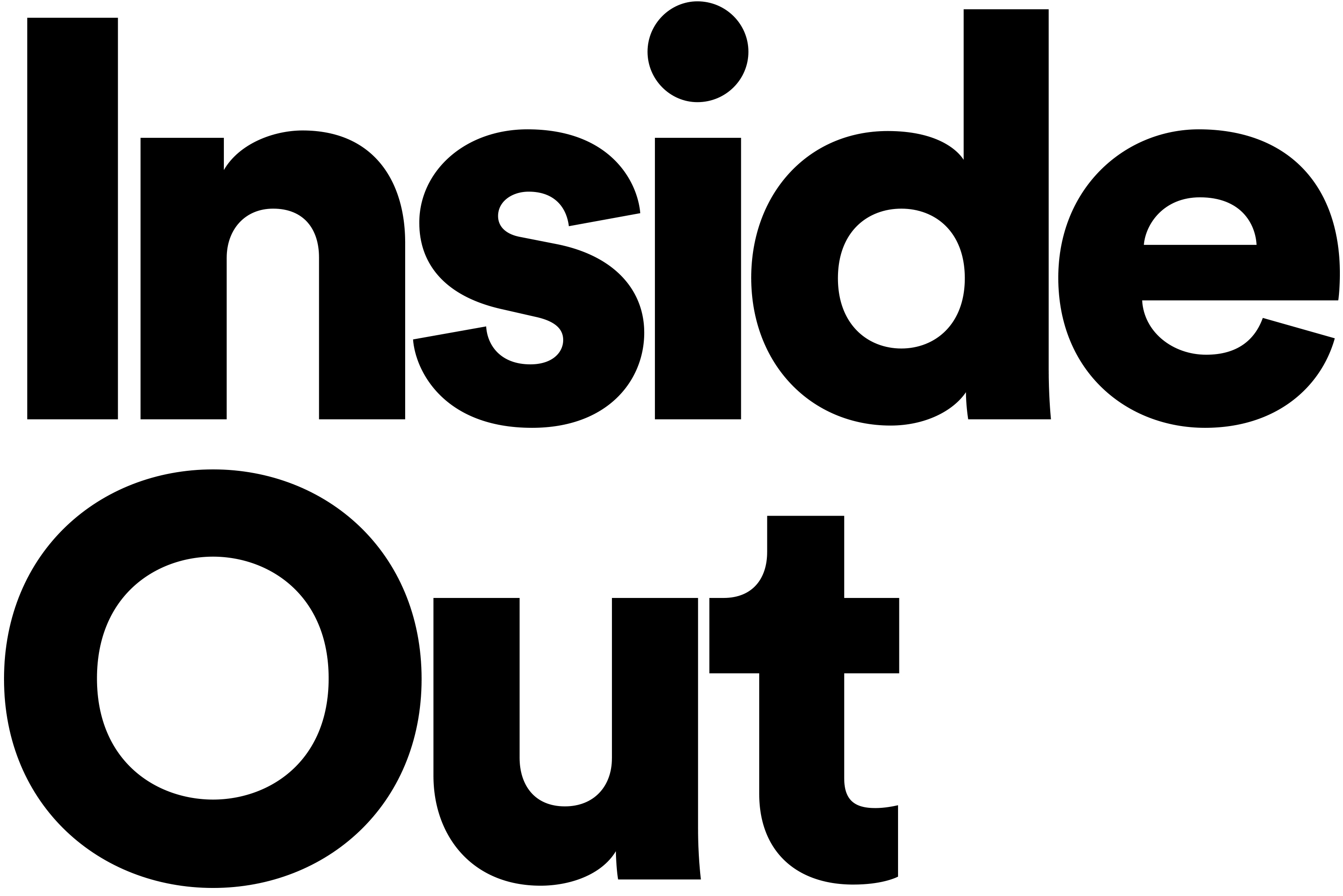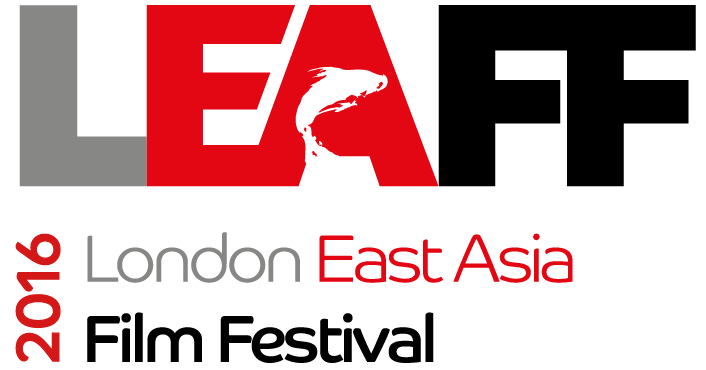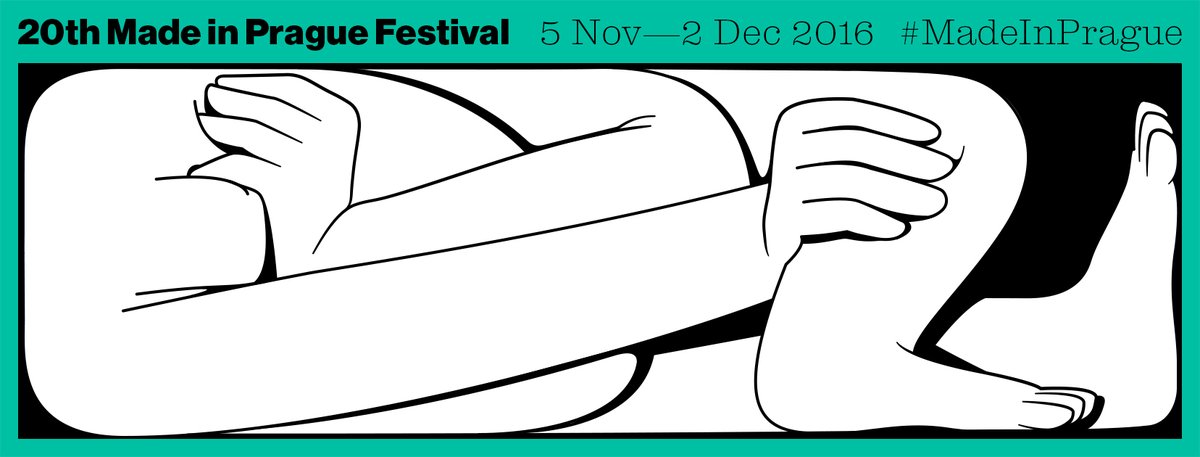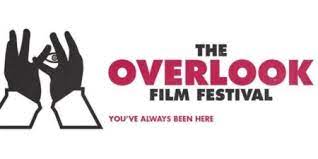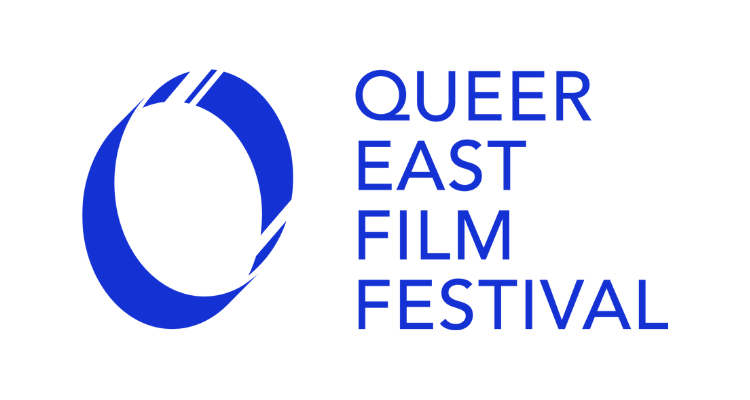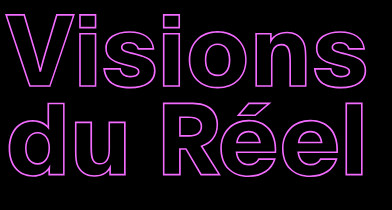Eye For Film >> Festivals >> A to Z Festival Coverage

The Afghan film festival aims to explore Afghan culture and history and look at the ways in which the country has been shaped by the sparring between East and West that has taken place on its soil. It attempts to educate audiences about how current policies toward Afghanistan have evolved, leading to better informed approaches in the future.
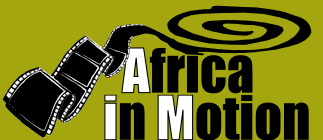
AiM is the biggest African film festival in the UK. The festival’s main goal is to overcome the under-representation of African film in the UK and to introduce Scottish audiences to the riches of African cinema. The festival celebrates its fourth edition in 2009.
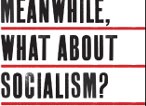
AV Festival is a biennial international festival of contemporary art, film and music, based in north-east England and lasting a month.

Northern Ireland's leading exhibition of internationally acclaimed new films is accompanied by a celebration of local talent.

The Berlin International Film Festival (Berlinale) is one of the key festivals in the international film calendar. Founded in 1951, the festival "sees itself as a showcase for what is happening in cinema, but also as an actor and propagator on the international film circuit".

Birds Eye View celebrates the work of women film-makers around the world, this umbrella group hosts an annual festival and touring programme. Its annual festival in London kicks off on International Women's Day in March. Their touring programme has included a presence at several UK festivals.

The Bootleg Film Festival is an annual independent even first held in Glasgow in September 2008. Its creator, Tom Wilton, plans to hold it in a different city each year, choosing unusual venues and keeping it as close as possible to the spirit of true grassroots filmmaking. This event showcases films made on budgets between four pounds and four million pounds, where the only requirement is talent.

Bradford International Film Festival celebrates its 14th year in 2008. Running from late February to early March, this year it celebrates the work of several filmmakers, including Julien Temple and Kenneth Branagh. The programme features a range of premieres and includes a strand dedicated to American independent movies.
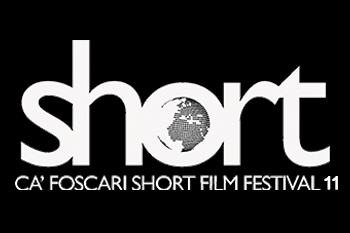
The world's first film festival to be organised by university students, under the mentorship of their professors.

This 14-day online festival offers a journey across Eastern Europe, the Balkans, the Caucasus, and Central Asia through the lens of the region’s independent filmmakers.

The Cambridge Film Festival has been running for over three decades. It previously took place in July, but moved into the Autumn in 2008. It has a particular commitment to German cinema, to which it devotes a special strand and also features a range of other foreign film and arthouse movies. In addition, 2007 saw the inclusion of some open-air screenings of classic films.

The world's most prestigious film festival runs in the south of France each May. The invitation-only celebration of film began with an international cinematographic festival in the Thirties and was held as the Festival du film de Cannes for the first time in 1947. The current president of the festival is Gilles Jacob
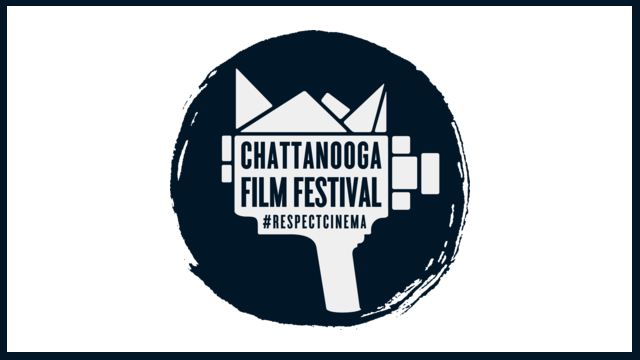
A festival focused on curating and sharing the best of cinema’s past and present while educating and inspiring future generations to create films of their own.

A festival that aims to introduce, attract and boost audience diversity for the best of independent film from around the world; screening films that reflect the times we live in culturally, socially, politically, artistically and giving voice to a new generation of emerging filmmakers.

The Cinema China festival enjoyed its inaugural year in 2007. Running in mid-March it aims to bring Chinese classics to a wider UK audience, it is the brainchild of The University Of Edinburgh, who hope it will go on to become an annual event. Many of the films screened aren't available on DVD so it offers a rare chance to see them. The programme also featured a series of lectures in Edinburgh.

Barbican Film presents the 3rd annual Cinema of Brazil festival, from Tuesday 8 September to Thursday 8 October 2009. An urban theme permeates this award-winning selection of ten contemporary features and four documentaries studded with UK premieres. This year's selection has the subtitle Urban Tales, as the country's cityscapes provide a backdrop for the stories, both fact and fiction.

Inaugurated in 2007, the Dance:Film Festival returns for its second edition, in Edinburgh, from May 21 to 29. Celebrating dance in all its forms, from Hollywood musicals, through to the present day, it also features dance classes and talks.

Dead By Dawn - Scotland's International Horror Film Festival. Queen of darkness - Adele Hartley - dishes out the blood, gore and shredded nerves in a local festival, spanning the past 14 years. No genre too sick, no nightmare too depraved for the weekend's non-stop deluge of vomitorium-worthy material.
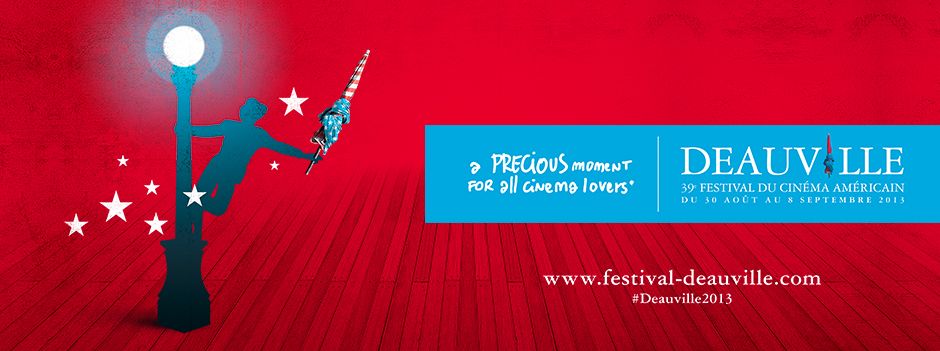
The Deauville Festival of American Cinema is an annual celebration of English language film in a town still celebrating the intervention that liberated it from the Nazis.
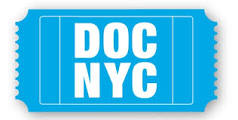
New York's premier documentary festival, bringing together the best documentary films from around the world, encompassing reportage, memoir, history, humor and more.

An industry focused, all Ireland international documentary festival which celebrates documentary filmmaking and provides a platform for both national and international industries. It is a hub for cross-border collaboration, international co- productions, and sales distribution. The festival hosts industry events including talks, pitching sessions, masterclasses, a new talent focus and funding information sessions.

Barcelona-based festival aimed at celebrating auteur cinema - aiming to discover new directors and celebrate established names.
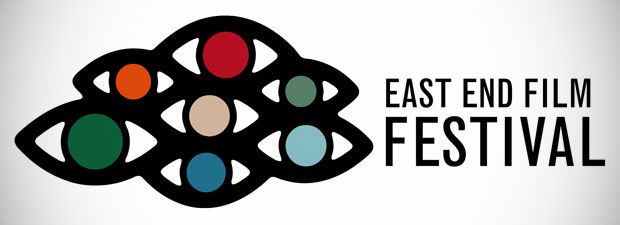
A festival dedicated to promoting the work of upcoming directors, based in the East End of London but featuring work from all around the world, this event has been growing ever since its launch in 2000.
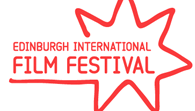
Edinburgh International Film Festival. Celebrating 78 years in 2025, Edinburgh hosts the longest continuously running film festival in the world. It runs for just over two weeks and has moved from August to June this year. It began as a documentary festival and still prides itself on its documentary strand.

Celebrating the best of short film, this Bristol-based festival runs at the end of November each year. It features bite-sized chunks of everything from drama to documentary and from animation to experimental.

Spanish island festival, which makes a point of celebrating cinematography alongside filmmakers and stars.
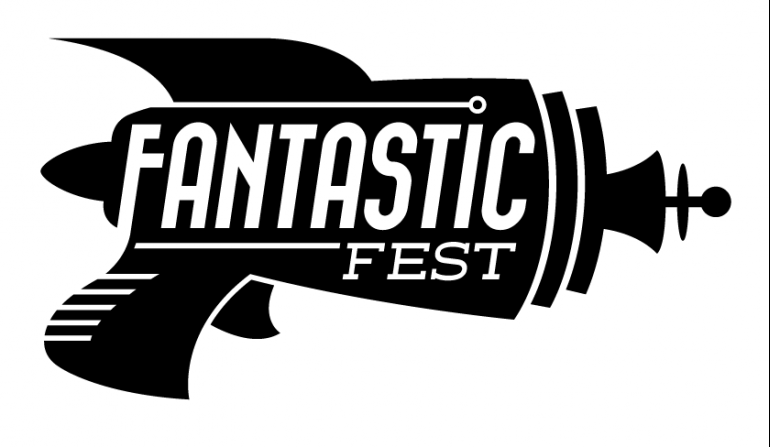
The biggest genre film festival in the US, specialising in horror, fantasy, science fiction, action and just plain fantastic movies from all around the world.

The celebration of Oz cinema has a new name in 2012 - FilmFest Australia - and a new home at London's Picturehouse cinemas. Marking their 18th year and first under the new banner, they feature key documentaries and features from Australia.
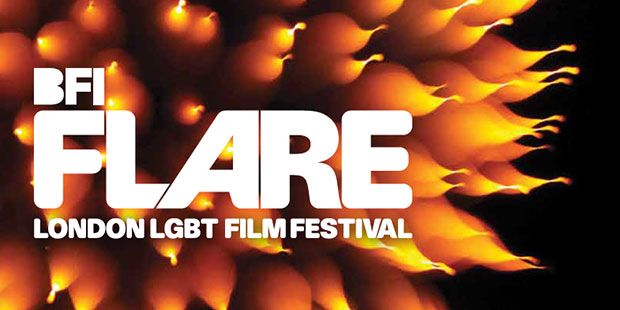
Formerly the London LGBT Film Festival, this is the UK's largest festival catering specifically to lesbian, gay, bisexual and transgender audiences, and it also aims to include some content focused on intersex people.

Founded in 1977, the San Francisco International LGBTQ+ Film Festival is the longest-running, largest, and most widely recognised LGBTQ+ film exhibition event in the world. As a community event with an annual attendance of 60,000+, the Festival is the most prominent and well-attended LGBTQ+ arts program in the Bay Area.

Although French film is a lot more popular in the UK than it was a decade ago, the French Film Festival gives cinemagoers a chance to see films that do not yet have a British distributor. Running in April and May, it's honorary patron is Bellevue Rendezvous director Sylvain Chomet. The festival celebrates its 18th year in 2010.
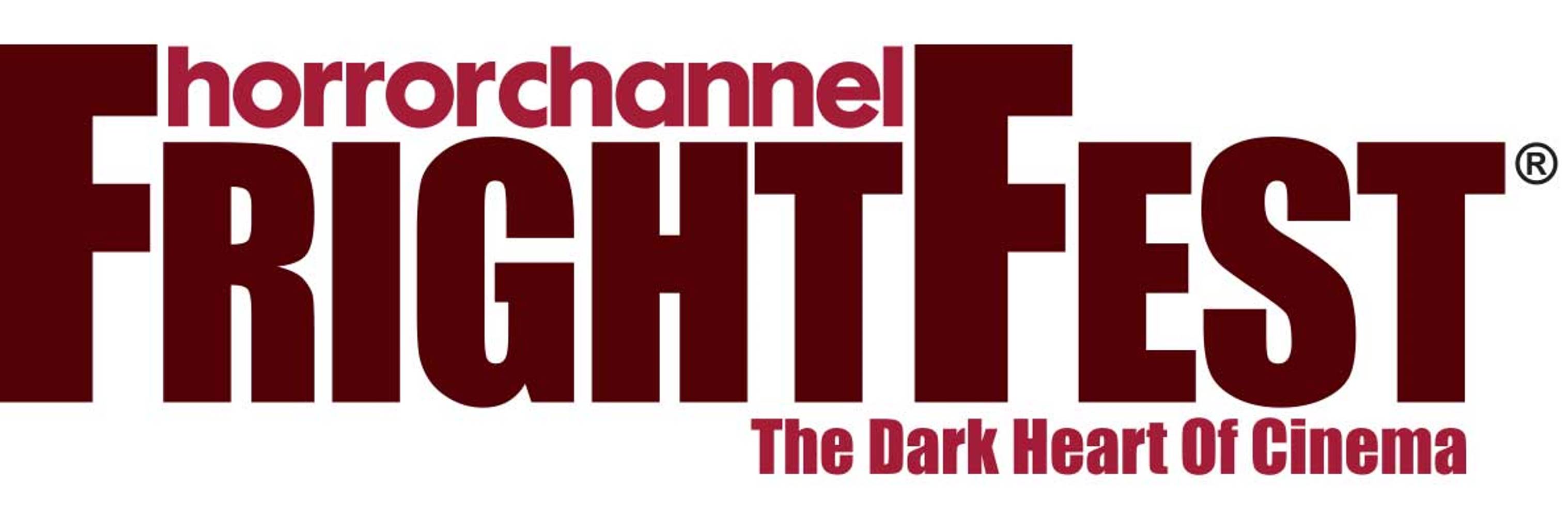
Celebrating an eighth year of scary movies, FrightFest runs across the August Bank Holiday in London each year, also making an appearance at several festivals up and down the country. Celebrating the best of horror flicks from around the world, it is a showcase for short films, features and a range of related events.

Scotland's annual celebration of queer culture, Glasgay incorporates a film strand featuring selected movies from aroundthe world with gay, lesbian, bisexual or transgender themes. It includes crossover material that straddles the gap between film and the wider arts community, and it is seen as an excellent showcase for new talent.

The third biggest film event in Britain, Glasgow Film Festival celebrates its 14th edition in 2018. Going from strength to strength year on year, it boasts an impressive range of films, including world premieres.
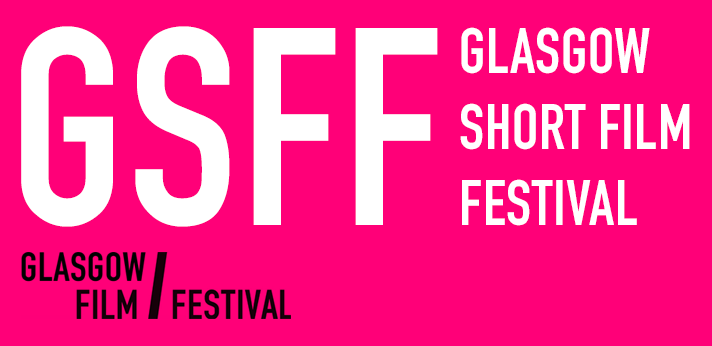
Formerly part of the Glasgow Film Festival, GSFF is now going it alone. It already enjoys an international reputation for excellence in curating shorts from around the world as well as presenting the best new work by Scottish filmmakers.

After growing up as part of the Glasgow Film Festival, the Glasgow Youth Film Festival is now big enough to go it alone, with a weekend takeover of the GFT full of films aimed at teenagers and young adults.

Glasgow's new queer / trans / intersex / people of colour film festival, Glitch aims to explore lives on the margins through film, video art, spoken word performances and music.
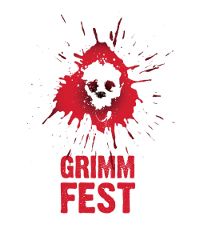
It's Grimm Up North in Manchester's premiere horror and cult film festival, with old favourites screening alongside exciting new fare, plus assorted celebrity guests.
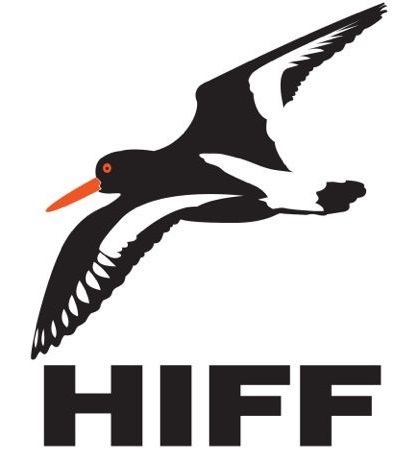
A festival dedicated to celebrating film in some of the most remote parts of the UK, including international, national and locally produced work.

The Human Rights Watch Festival, screens internationally, in London, San Francisco and New York and also has a touring programme which makees its way around the UK. Screening at the end of March it aims to highlight social issues from around the world through features and documentaries.
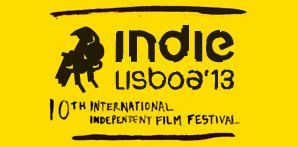
This Lisbon-based festival was set up to celebrate independent film from across the globe. It's emphasis is on new directors and fresh visions.

The Italian Film Festival screened its 14th edition in 2007. Touring the UK, it celebrates the best of new Italian cinema and also includes retrospectives on the work of bygone greats.

Now in its 8th year, the Japan Foundation Touring Film Programme is, this year, subtitled Back To The Future - Japanese Cinema Since The Mid-90s and focuses on the marked resurgence of Japanese cinema from the middle of the decade onwards.
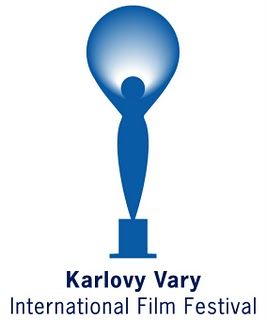
The Czech Republic's foremost film festival, Karlovy Vary is famed for having a strong international film line-up.

Leeds International Film Festival celebrated its 21st year in 2007. Running in early November, a key aspect of the festival programme is its Fanomenon segment, which is dedicated to horror movies. It also selects a Silver Melies winner - for "best fantastical film" - which will go forward to be part as a nominee for the Golden Melies Award, selected from nominees from 10 European Film Festivals.
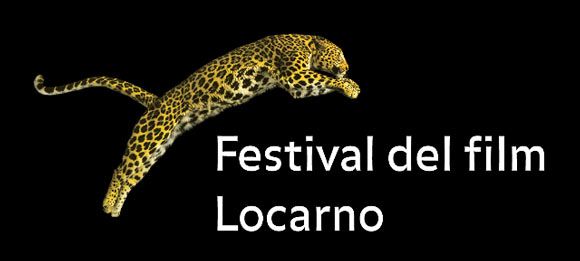
The spectacular Locarno Film Festival partly takes place outdoors, with a huge screen in the Pizza Grande showing world premieres to an audience of thousands. Please note, this page is currently a work in progress while we input this year's titles.

The BFI London Film Festival runs in mid-October and celebrates its 53rd year in 2009. Held in conjunction with the British Film Institute, awards include the BFI Sutherland trophy, Turner Classic Movies short film award, Satyajit Ray Award, FIPRESCI Award and Alfred Dunhill UK Film Talent Award. The 2009 festival will run from October 14 to 29. The programme will be launched on September 10.

The Korean Film Festival celebrated its third year in 2008, running at the Barbican in London in mid-November and then moving on to Liverpool. Among the highlights are a celebration of animation and retrospectives.

Celebrating its 10th year in 2009, this festival offers a selection of vital documentary, fiction, art, and animation work related to the question of Palestine.
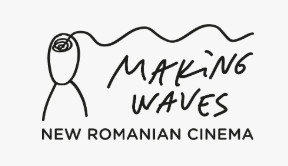
This 15-film showcase - selected from recent New York retrospective The Romanians: 30 Years of Cinema Revolution - aims to celebrate filmmakers before and after the Romanian New Wave. The films are available to stream online through 2020 in the US.

The Marrakech Film Festival was inaugurated in 2001 to promote the film industry and the arts in Morocco.
The programme includes an official competition section, alongside tributes and gala screenings, plus a showcase of films from the country.

This growing eastern Europe festival was founded in 2004 and presents a series of films, retrospectives and events free of charge to audiences.

La Mostra de Valencia - Cinema Del Mediterrani returned to the Spanish city after a six-year hiatus in 2018 under the new director Eduardo Guillot. The festival aims to celebrate cinema and filmmakers from Mediterranean countries.

A platform for productions inspired by Muslim culture and faith, embracing filmmakers of all backgrounds, held in London.
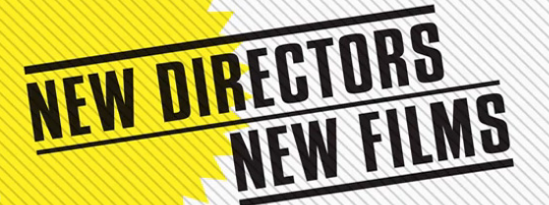
New Directors/New Films is a longstanding collaboration between The Film Society of Lincoln Center and The Museum of Modern Art in New York, dedicated to the discovery of new work by emerging filmmakers.
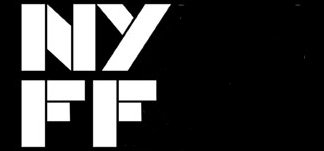
The New York Film Festival runs each year in late September and early October. The 2007 festival featured 28 premieres. The festival features a smaller selection of films than many other festivals, but by doing so aims to keep the quality high.

Established six years ago specifically to celebrate films from northern Europe, the Northern Lights Film Festival - which runs in Newcastle and Gateshead in early December - has now expanded its brief to include a worldwide remit. The focus remains on spotting breakthrough talent.

A festival dedicated to promoting LGBTQ equality by creating, sharing and protecting LGBTQ stories on the screen. Outfest educates and mentors filmmakers and aims to discover, discuss and celebrate stories of LGBTQ lives around the world.
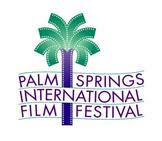
Palm Springs International Festival marks the start of the US film festival calendar year, beginning right after the New Year. It is often referred to as "the first stop on the road to the Academy Awards", with many of the stars in contention gracing the festival's red carpet. It also aims to celebrate international films, not least through its Awards Buzz section, which showcases many of the Foreign Language Oscar submissions.

The Play Poland festival, organised by Polish Art Europe, takes place in the UK, ireland, Norway and Canada, running from September to December. It is the biggest celebration of contemporary Polish films in the UK and will feature short films, full-length features and associated exhibitions.

Raindance aims to celebrate the stars of tomorrow, giving its programme over to up-and-coming film-makers. Running from September 25 to October 7 in 2007. They also give out a range of awards, including Best International Feature, Best UK Feature and Best UK Short Film.

Celebrating its inauguaral year in 2006, Reel is a collaboration between the Scottish and Irish film industries to celebrate both past successes from both countries and up and coming film-makers. It was intended that this event become an annual one but as of the beginning of 2008, there has been no follow up.

RESfest is a cutting edge international festival, which tours 45 cities across six continents of the globe. Celebrated its 10th year in 2006, it offers a platform for new and established directors pushing back the boundaries with their films. Kicking off in the US in October, it then tours the world for around six months.

Enjoying its inaugural year in 2007, this festival aims to showcase "inspiring and provocative work of established and debut filmmakers from various generations to demonstrate the multifaceted nature of contemporary Russian cinema, providing the British audience with a chance to see very recent, high-quality works that cover a full range of genres, themes and styles." Takes place in Apollo West End, London.

A celebration of independent film from around the world, held in locations right across the city, with a broad slate of features and a strong focus on documentaries.

Spain's premier film festival is known for as offering a gateway to Europe for Latin-American film. It's top accolade is the Golden Shell and each year it gives lifetime Donostia awards to some of cinema's leading lights.

Sands: International Film Festival of St Andrews is a three-day event that aims to showcase international cinema.

The UK's only dedicated science fiction and fantasy film festival runs annually in April at the Apollo West End cinema, Regent Street, London.
The programme includes a mix of features and documentaries, plus 'all-nighter' showcases. There is also a 48-hour film challenge, inviting wannabe filmmakers to make a five-minute film. It's free to enter but you'll need your own filmmaking kit.
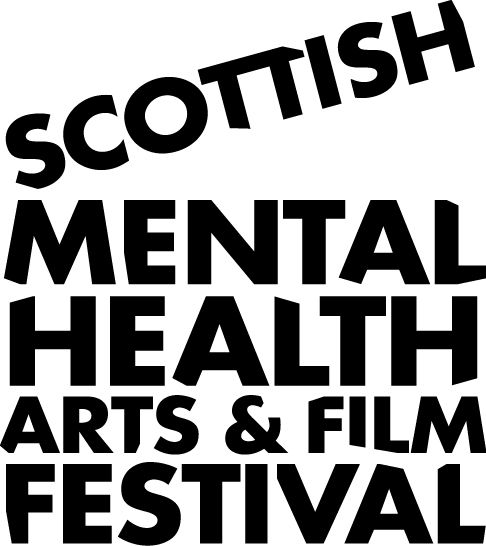
The Scottiish Mental Health Arts and Film Festival is an annual even focused on looking at the world from different perspectives.
A festival of films and events held in venues all around Scotland in celebration of lesbian, gay, bisexual, transgender, queer, non-binary, intersex and asexual people and art from all across the world.
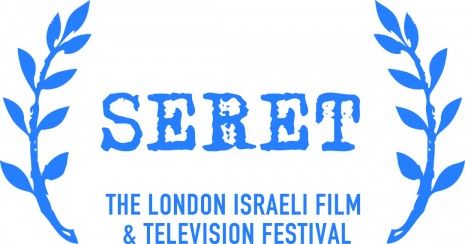
The London 'Israel Film and Television Festival, Seret, aims to showcase the contribution that Israel's film and television industries make to the international arts scene, as well as exploring different aspects of Israeli life and culture. It features UK premieres and provides an opportunity for attendees to meet Israeli filmmakers. Screenings and events are held in venues across London.

Bringing together inspirational, controversial and challenging films from around the world, the annual Sheffield DocFest is the number one industry event for documentary filmmakers and enthusiasts. Now 15 years old, it also hosts film-making masterclasses and discussion groups, and it is attended by leading industry talent.

The punky independent film festival that generally takes plays at the same time as Sundance in Park City.

A film festival interwoven with music festivals, conferences and a celebration of the latest in interactive media.

The Southside festival is Glasgow's other film festival, quickly making a name for itself as a treat for local fans and a promoter of local talent. Focusing on Scottish film and especially that with connections to the city, it features favourites from the archive alongside new material, features and documentaries alongside shorts. It is notable for its use of unusual venues, many of which are of historic importance.
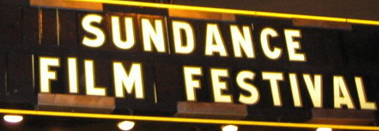
Sundance is the daddy of all independent festivals. Run in conjunction with the Sundance Institute - set up by Robert Redford to support independent film - it has continued to develop its brief. It championed documentary which has resulted in a slew of factual films hitting the multiplex and has recently turned its attention to short film.

This northern European film festival - also known as PÖFF - was founded in 1997 and runs in late November each year and includes the sub-festivals Animated Dreams, Just Film and Sleepwalkers. It also holds a number of key industry events.
It hosts three competition programmes - EurAsia, Tridens Herring and North-American indie films.

A weekend celebration of films from across Asia, taking place at the Prince Charles Cinema, London, from May 21 to 24.

Sister festival to <a href="https://www.eyeforfilm.co.uk/festivals/thessaloniki/">Thessaloniki Film Festival</a>, specialising in factual films.

One of the largest publicly attended film festivals in the world, the Toronto film festival was founded in 1976 and is dedicated to transforming the way people see the world through film. It is a highly prestigious and influential event which is often associated with subsequent Oscar success.

The festival was founded in 2002 and takes place annually in Cluj-Napoca with more than 100,000 participants at each edition. Since 2021, thanks to Transilvania IFF, Cluj-Napoca is part of the Unesco City of Film network.

Tribeca Festival was the brainchild of Robert De Niro, Jane Rosenthal and Craig Hatkoff as a direct response to the 9/11 attacks on the World Trade Center. The idea was to help revitalise lower Manhattan both economically and culturally.

The UK Jewish Film Festival brings together some of the best Jewish films from around the world to screen annually in London.

The world's oldest major film festival, Venice began its showcase in 1932 as part of the Venice Biennale. It moved to being a yearly event in 1935. The Golden Lion of St Mark for best film was introduced in 1949, when it was won by Henry-Georges Clouzot's Manon.

Viva its a celebration of Latin American and Spanish film which is growing year on year. The festival kicks off at Manchester Home in April, before touring the UK and Ireland.

The Wales One World festival aims to bring the best of world cinema to Cardiff, Swansea and various smaller Welsh towns. Also known as Gwyl Ffilmiau Cymru A'r Byd Yn Un.

Wild Japan: Outlaw Masters is a periodic touring festival of ultra-rare Japanese prints from the 1960s and 70s. Touring around the UK throughout the winter of 2006 - it offered a rare chance to see older Japanese film and celebrates the new wave of Japanese directors who were pushing back the boundaries in their time and still have an influence on modern directors today.








